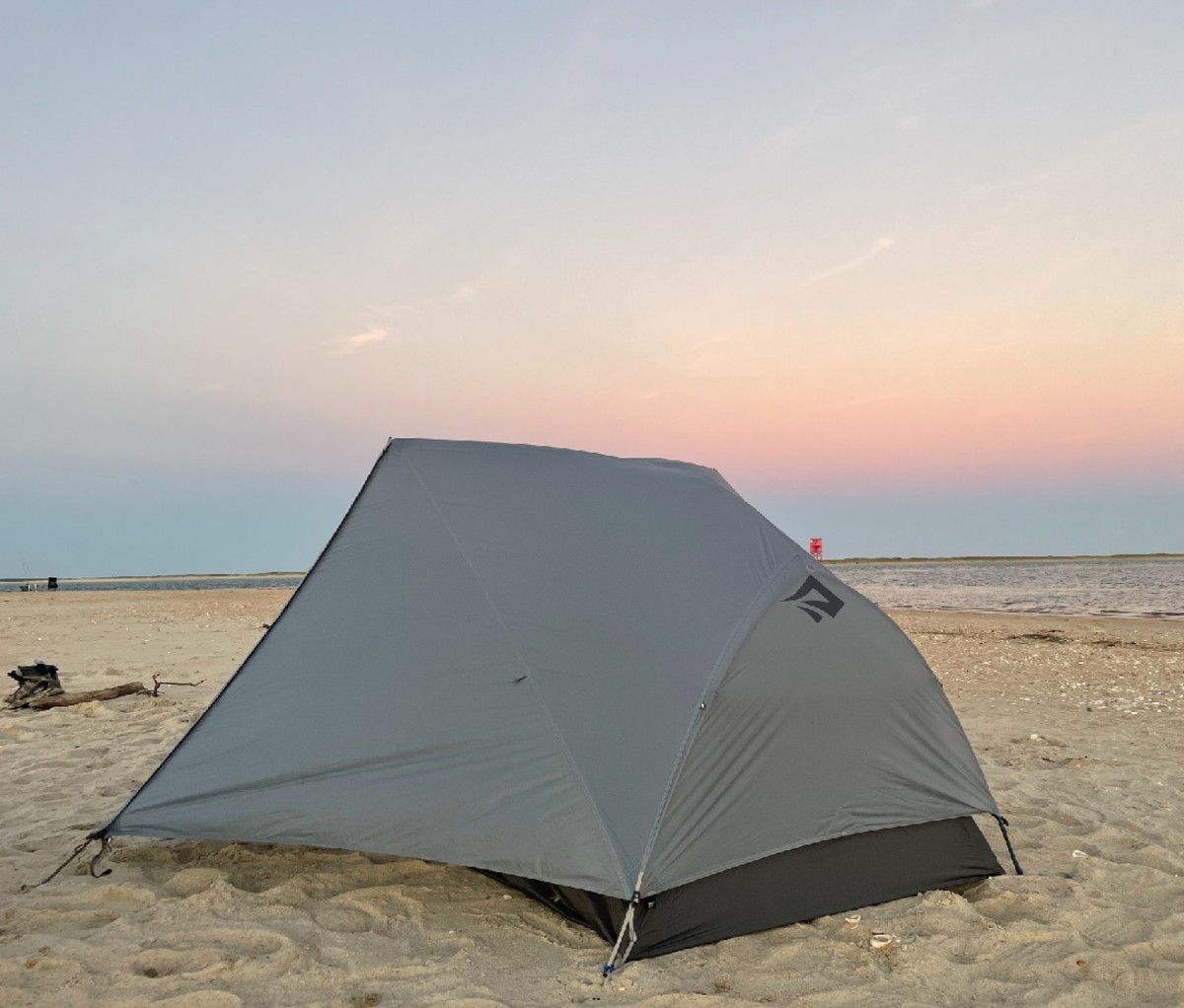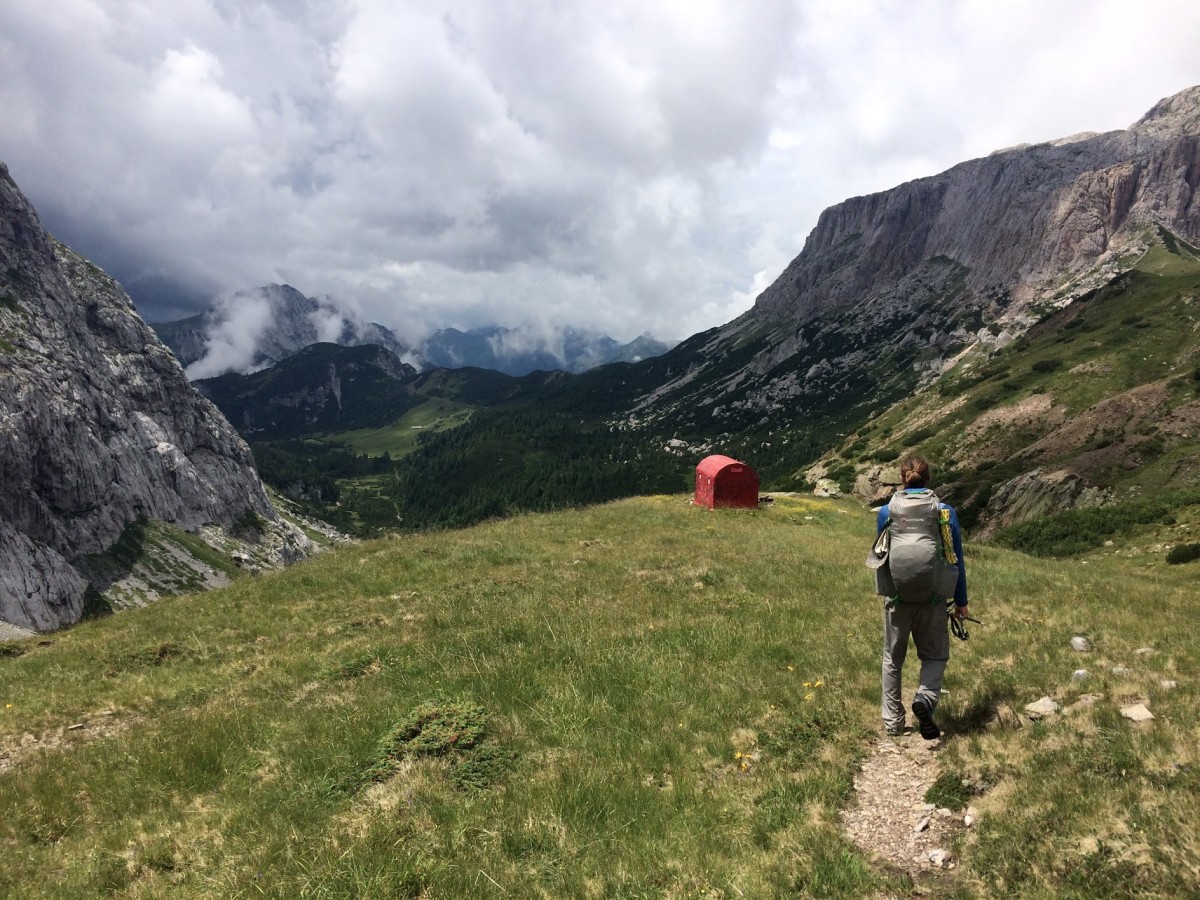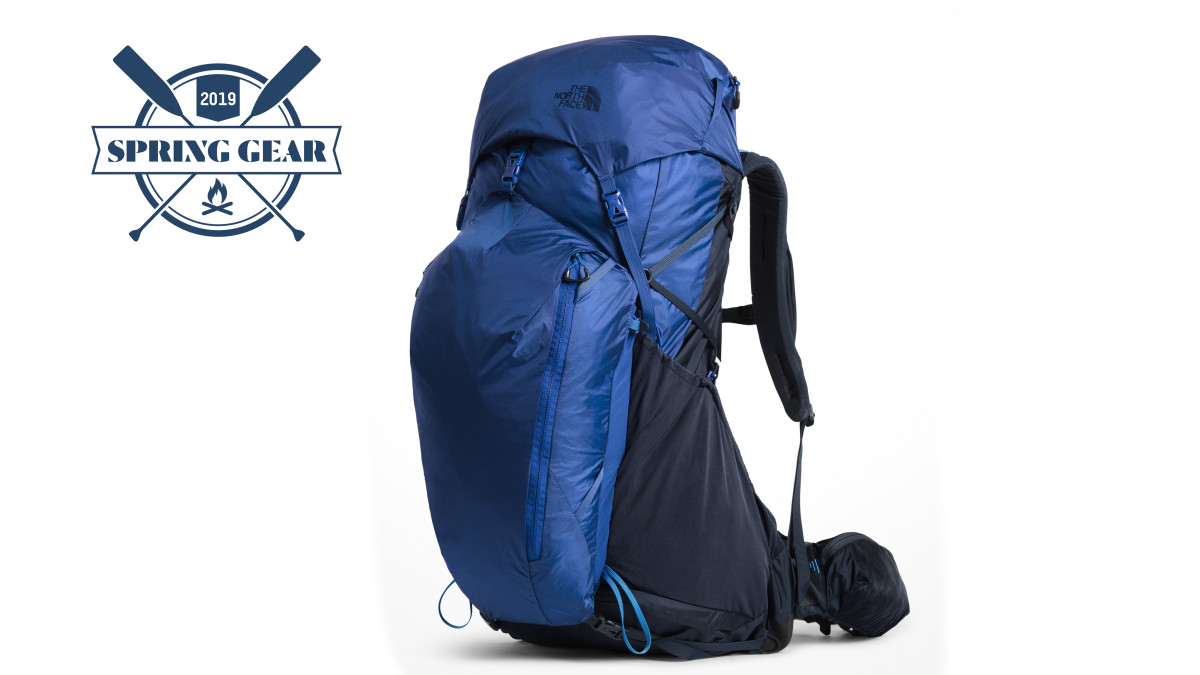Most of the time, changes to outdoor gear come in slow and incremental steps: a slightly more waterproof and breathable fabric, a bit grippier shoe sole, a lighter or more compressible sleeping bag. But the new Sea to Summit line of tents—the ultralight Alto one-person and two-person, and the almost-as-light Telos two-person and three-person—represent a respectable jump in performance and design that will be making outdoor living more enjoyable and more comfortable for tent dwellers.
The designers have addressed, and overcome, three key sticking points of what can make sheltering in tents annoying. The first is space: No one wants to be cooped up in a cramped and low-slung tent. The second is ventilation: Every tent dweller has woken up to dripping ceilings and moist gear, knowing there was no rain overnight. And the third is versatility: A shelter you’re going to spend a decent amount of time in should have fun and engaging modes to make the space enjoyable.
Sea to Summit has met all of those challenges in this new line, its first foray into tent making, and has nicely expanded and improved on what everyone else in the tent game has been doing. I recently tested the Telos TR2 on a trip to fly fish for albacore tuna along the North Carolina coast.
What It Is
Sea to Summit is best known for making an extensive line of silicone drybags along with cool gadgets and gear, and more recently expanding into the outdoor sleeping sphere with its line of high-quality sleeping bags and pads. For its inaugural push into the backcountry shelter space, the team hooked up with Jake Lah—the mastermind behind DAC, makers of light and strong tent poles—and spent millions of dollars in R&D and took over three years to develop the new Alto and Telos collection of tents. After months of delays due to the coronavirus pandemic, they have finally made it to market.

One of the key design factors that makes this line of tents so special and unique among the shelters out there now is the Tension Ridge. It’s not dissimilar to the designs of a lot of new tents where a short pole bisects the top of the tent and clips in on either side to prop up the side walls and provide a bit more headroom. But the Sea To Summit version takes that concept and drastically improves it by making the poles longer and with a pronounced arch. That angle amplifies the benefits of the Tension Ridge: more ventilation, more headroom, and more vertical sidewalls for increased interior space.
Why We Like It
Packed with innovative and well-thought features, the new line of tents from Sea To Summit are a strong entry into a crowded market. The tents fundamental hardware and fabrics are made from high-quality materials that combine in clever and useful ways. Even the tent bag itself has been smartly rethought—it includes three main bags, one for the tarp, one for the tent, and one for the poles. The three bags can connect as one through straps and aluminum hooks, or can be quickly broken up into separate units for easy distribution to spread out the gear load with, say, backpacking pals. You can also attach two of the bags inside the tent for extra, out-of-the-way storage (stinky socks was my play).

Another cool feature is the ability to set up and take down your inner tent while within the fly, which is made possible by the Quick Connect feet that key into the poles. This is especially helpful on windy or rainy days when trying to put up your tent or take it down while trying to keep it dry.
The Lightbar is another great touch. It’s simply a long, rectangular piece of opaque white plastic that has a bend down the middle, which you can slide into the triangular-shaped tent pole bag after pitching the Telos. Add a headlamp or other light source, attach it to two guy points at the top of the tent, and you have your own widespread and diffused light for any in-tent activities.
Other highlights include the ability to roll up either end of the tarp to meet in the middle of the top of the tent, and secure along the Tension Ridge. This gives you a quick and easy way to deploy the fly if inclement weather rolls in, while still being able to enjoying cool night breezes and views of the starry sky. Other tent manufacturers also have this feature, but Sea To Summit’s version allows you to do it without getting out of the tent, due to long door zippers and the easy-to-operate Quick Connect pole/fly points.

And the final, killer feature is what they call Hangout Mode. This takes the common ability to use just the tarp as a freestanding shelter and bumps it up a notch by allowing you to tilt the fly back, add straight tent poles or trekking poles (or sticks) to the front edge of the tent to create a roomy shelter you can walk around under or comfortably chill in some camp chairs.
But beyond all of the cool design tweaks and tricks though, the main draw is the Tension Ridge, which, as advertised, provides tons of interior room along with upping airflow. That ventilation inside the tent drastically reduces moisture buildup over night, all but eliminating the dreaded early morning drips.
Nitpick
After sleeping in the TR2 for a few nights in my backyard and a two nights on the beach, I found little-to-no flaws in the tent. Everything was superbly designed and made living in a tent more of a joy than usual, especially for a larger guy like myself. Moving around inside was easy, without any of the claustrophobia or neck craning I used get in less vaulted tents, and all of the nice materials and clever touches made tent living fun.
The only nitpick that I can think of could possibly be noticed in a longer term test where wear-and-tear can be better gauged. The materials are top notch, but are pretty lightweight, so rough use over months could expose weak spots. In sustained, high winds at the beach, the TR2 I tested (admittedly a prototype) ended up with two slightly bent poles near the top of the back. Whether that was a design flaw or just the result of prolonged wind pressure that would compromise most tent poles remains to be seen.
[$499; seatosummitusa.com]
from Men's Journal https://ift.tt/32sr81t






0 comments